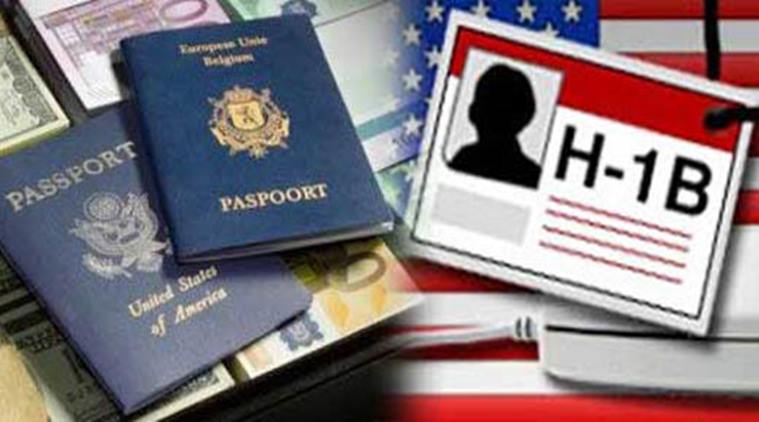 WASHINGTON: An IT advocacy group representing more than 1,000 small IT companies mostly run by Indian-Americans has filed a lawsuit against the US immigration agency for issuing H-1B visas for shorter than three years durations.
WASHINGTON: An IT advocacy group representing more than 1,000 small IT companies mostly run by Indian-Americans has filed a lawsuit against the US immigration agency for issuing H-1B visas for shorter than three years durations.
The H1B visa is a non-immigrant visa that allows US companies to employ foreign workers in speciality occupations that require theoretical or technical expertise. The technology companies depend on it to hire tens of thousands of employees each year from countries like India and China.
These visas are typically issued for three to six years to employers to hire a foreign worker.
Based out of Dallas in Texas, the ITServe Alliance in its 43-page lawsuit filed last week alleged that the US Citizenship and Immigration Services has recently begun a practice of approving H-1B petitions for shorter than three years durations.
“These petitions are often valid for only months or days at a time, and some cases are expired by the time the approval is received,” it said.
ITServe lawsuit against the USCIS alleges that the agency has no authority to misinterpret the existing regulations and shorten the approval durations.
In fact, the United States Congress has specifically granted power to the Department of Labor and DOL’s regulations grant three-year approvals, the lawsuit said.
The lawsuit also alleges that the itinerary requirement put forth by the USCIS is also unlawful.
This is the second lawsuit filed by ITServe against USCIS. In the first lawsuit filed in July 2018, ITServe demanded USCIS to remove language from their website prohibiting F-1 STEM OPT students working at the third part client locations.
“The USCIS has been making arbitrary rules and memos for over eight years, it’s our top priority to set things right and hold USCIS accountable to follow the regulations set by the Unites States Congress,” said ITServe’s national president for 2018, Gopi Kandukuri.
Referring to the recent spate of H-1B denials that ITServe members received, Kandukuri added members of ITServe Alliance are tired of receiving random denials for no reason.
“The new battlefield for us is the federal courthouse and not USCIS service centers, he said. PTI





